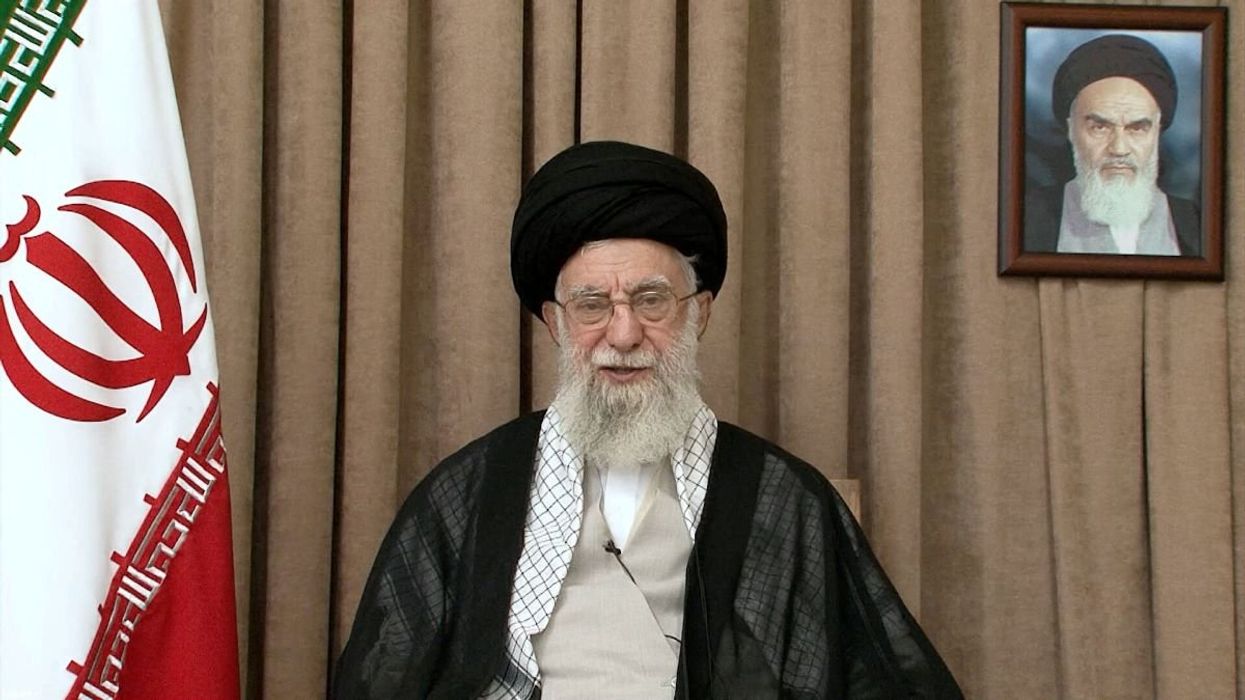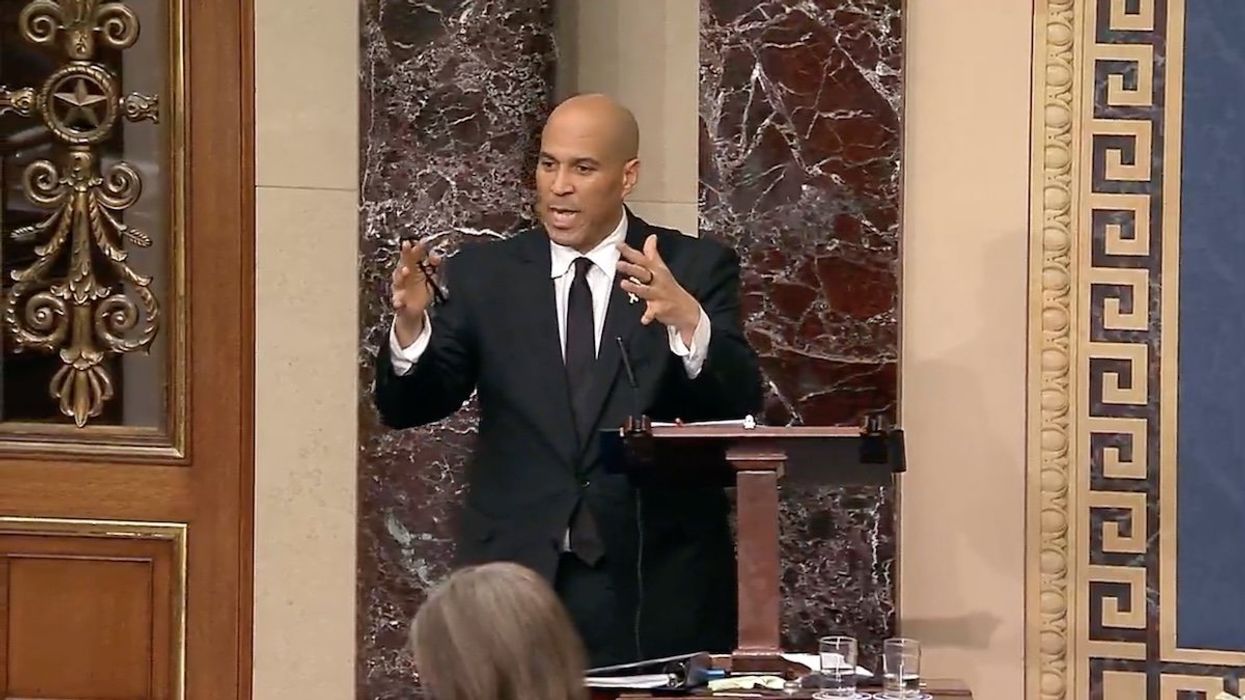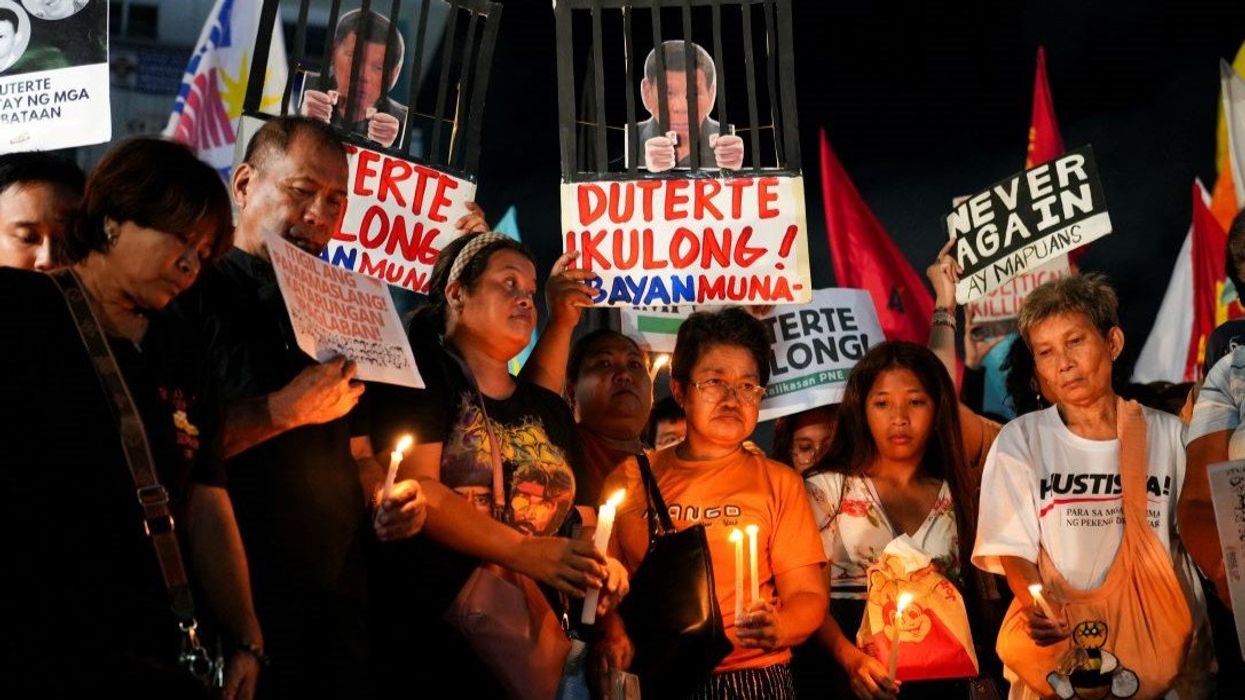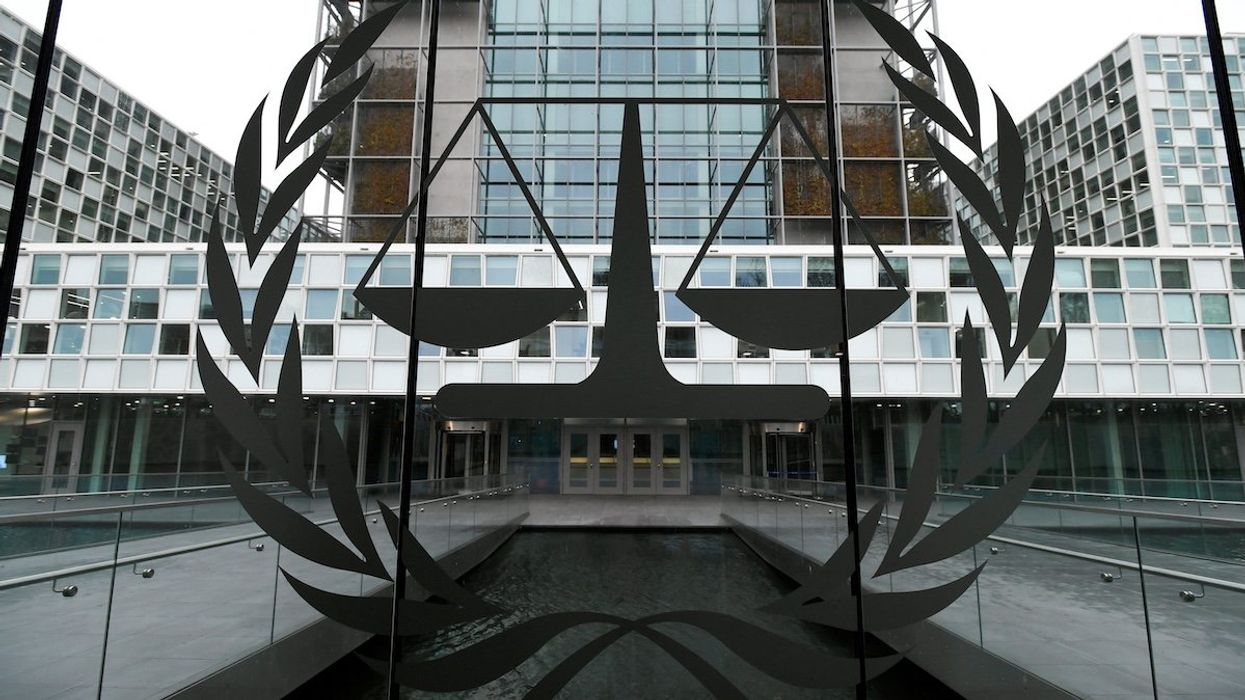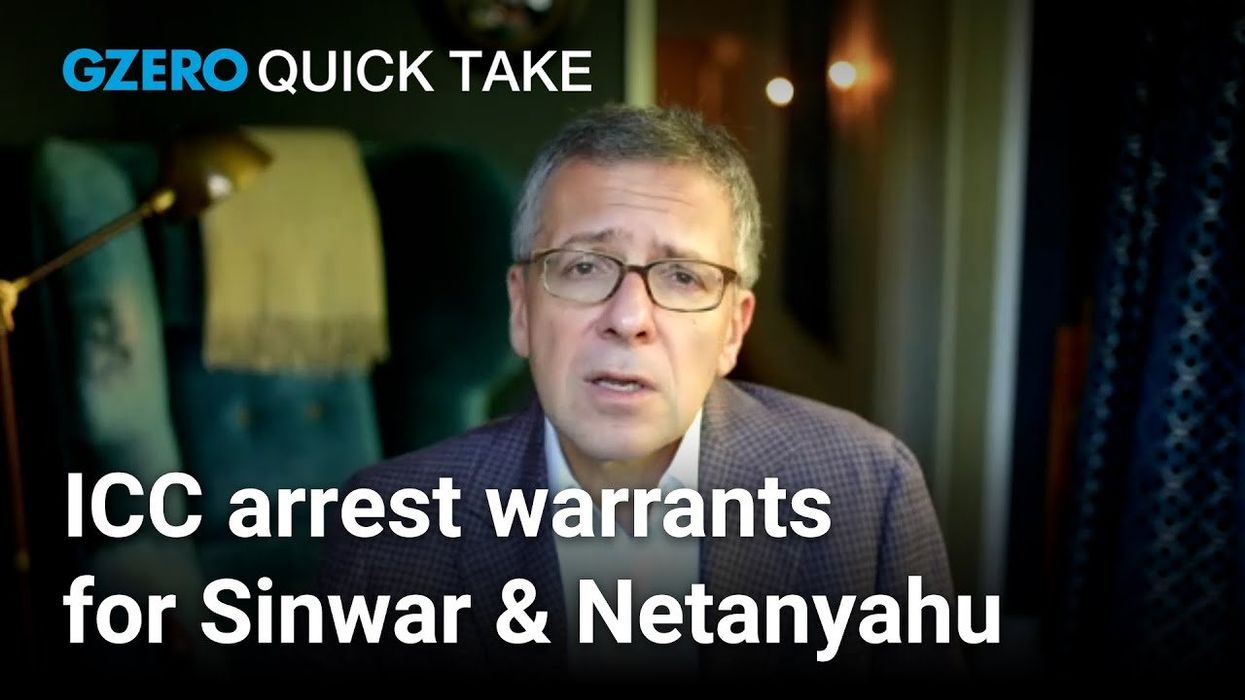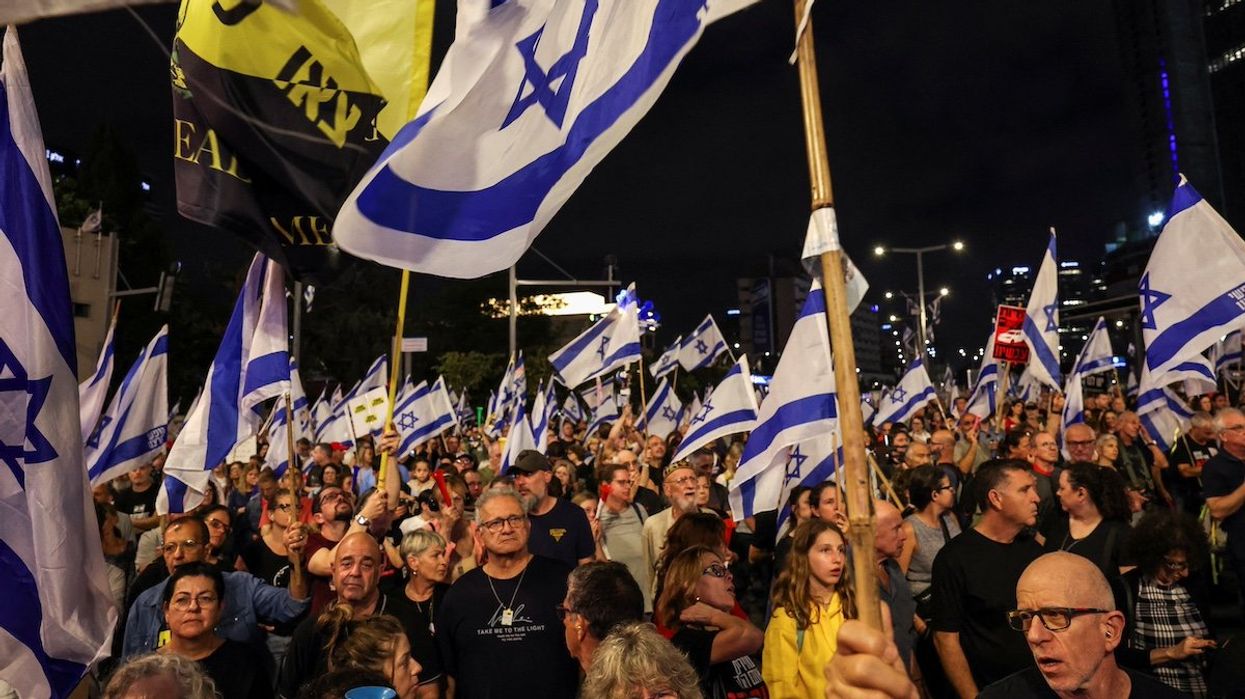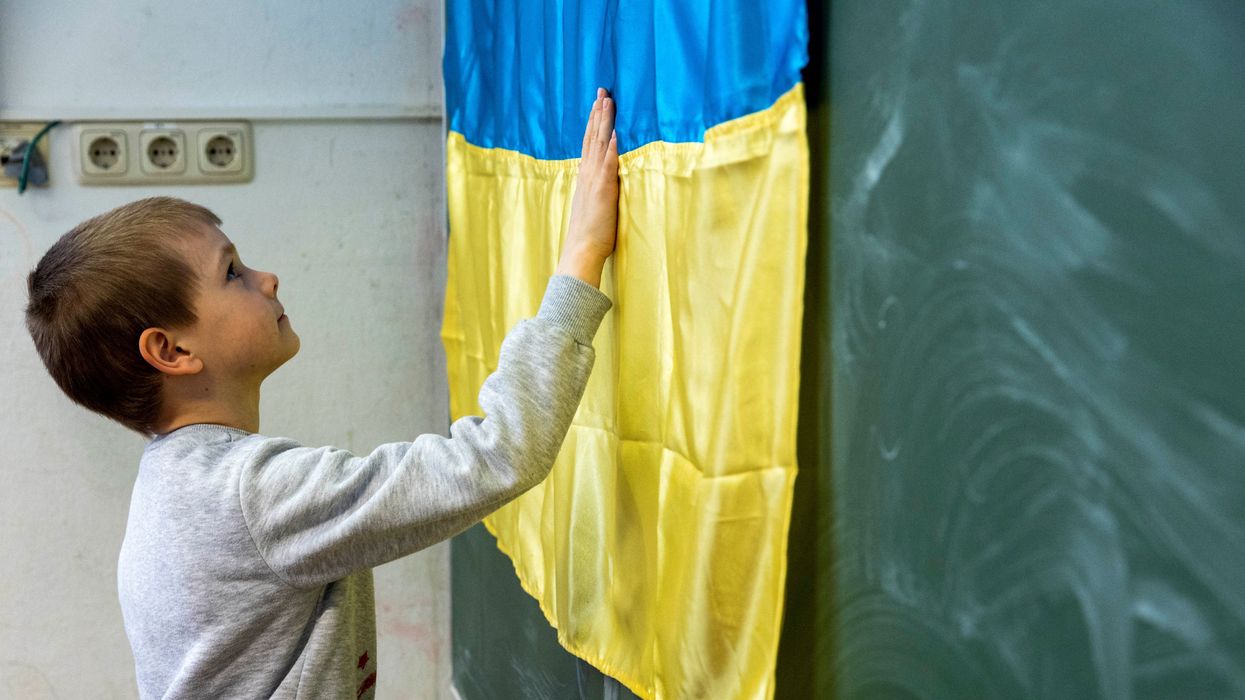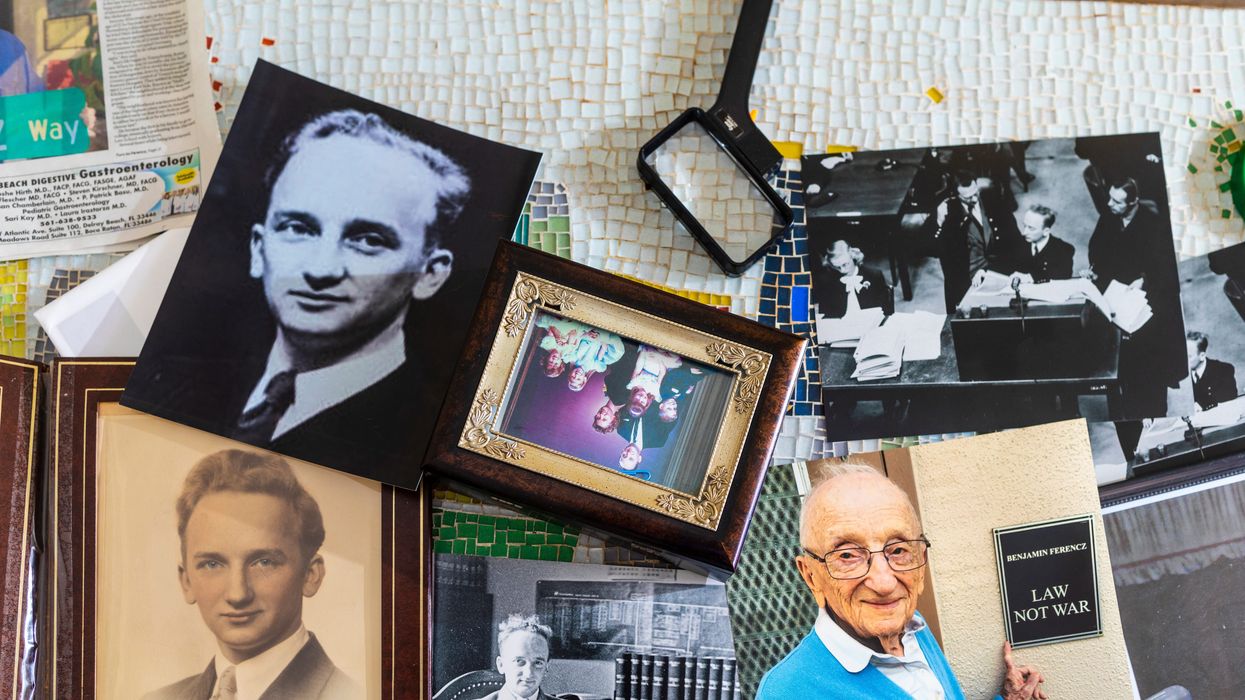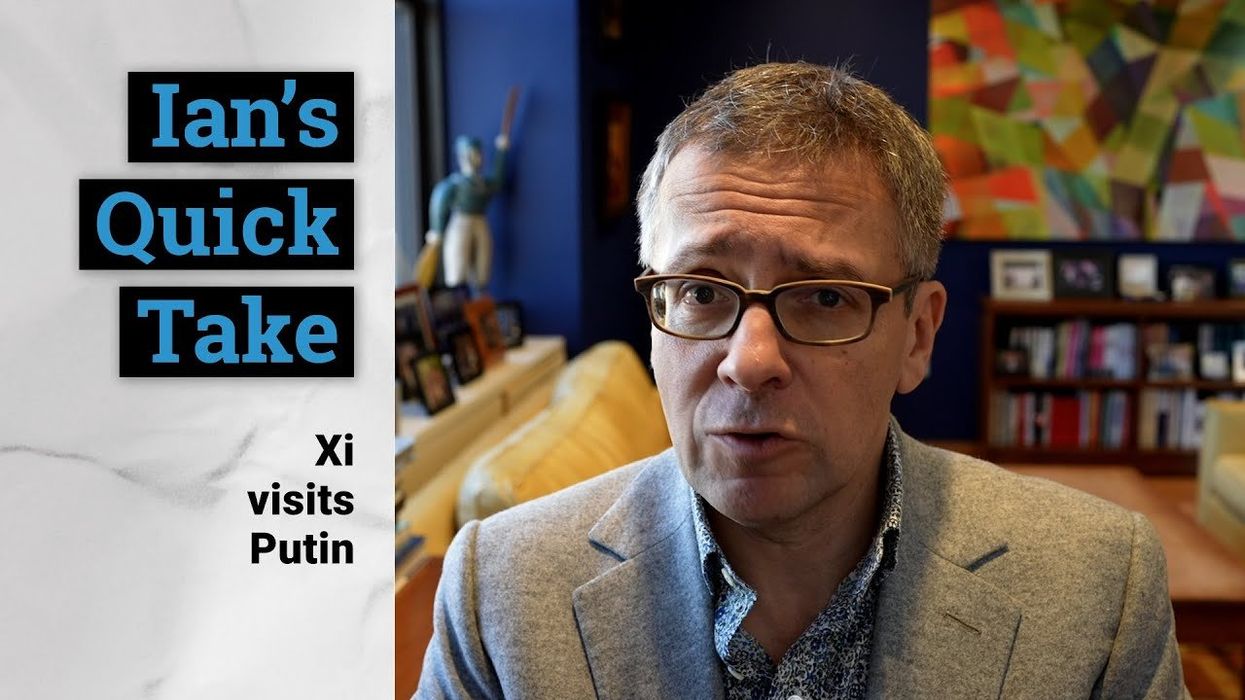Hard Numbers
Hard Numbers: Syria reaches pact with Kurdish fighters, Sudanese militia leader guilty of war crimes, emerging markets surge anew, luxury travel booms
¼: The new Syrian government has signed a ceasefire with US-backed Kurdish fighters who control roughly a quarter of Syria’s territory, in a pact that could smooth the re-integration of Kurdish areas into the Syrian state.
Oct 07, 2025

